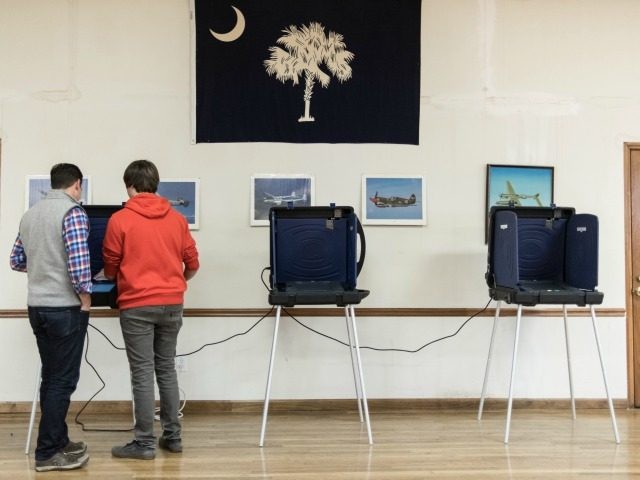Former White House senior cybersecurity policy advisor Richard Clarke claims electronic voting machines can be hacked.
Writing at ABC News, Clarke discussed the recent DNC email hacking scandal and stated, “I have had three jobs that, together, taught me at least one thing: If it’s a computer, it can be hacked.”
Across America, states use different forms of vote counting and ballot systems, with many using a digital system. The issue arises in the fact that there is no standard voting method; while some states use electronic systems, others use an entirely paper based system which could also leave itself open to tampering.
However, utilising high tech electronic methods of voting are inherently left open to possible hacking. To record voters inputs, a network system would have to be developed, linking the voting machines together and to a centralised server which itself could easily be vulnerable to hacking.
So how does Clarke suggest we verify that votes are legitimate? The first method is surprisingly simple and quite obvious: compare the total number of people that voted that day to the amount of votes recorded in the system. This will ensure that no extra votes for a candidate were somehow added by the system. You can also compare the total votes reported by each precinct to the state capital against the number that the capital says it received from each precinct.
However, ensuring that the system recorded the proper vote is much harder. Clarke posits that if someone votes for candidate A, a bug in the system could cause your vote to appear a vote for candidate B. He argues this would be the easiest way to rig an election and is easily the biggest threat to voting accuracy. According to Richard Clarke, almost none of the electronic voting machines have any form of malware protection installed.
Richard Clarke outlined the exact measure he believes should be taken in order to ensure that no voting fraud takes place,
1) No vote recording machine shall be connected electronically to any network — including but not limited to local area networks (LANs), Wi-Fi, the internet and virtual private networks (VPNs).
2) Every voting machine must create a paper copy of each vote recorded, and those paper copies must be kept secured for at least a year.
3) A verification audit by sampling shall be conducted within 90 days on a statistically significant level by professional auditors to compare the paper ballots of record with the results recorded and reported.
However, Clarke believes the likelihood of such safety checks being installed is quite slim for a multitude of reasons. Many states will claim that the installation of these checks is just far too labour intensive, that it would cost far too much money for each state to afford, and that it’s not the place of the federal government to regulate the voting processes. This leaves the U.S. with no recourse or ability to refute claims of election rigging if such claims are made following the 2016 election.
Lucas Nolan is a conservative who regularly contributes articles on censorship and free speech to Breitbart. Follow him on Twitter@LucasNolan_ or email him at lucas@yiannopoulos.net

COMMENTS
Please let us know if you're having issues with commenting.